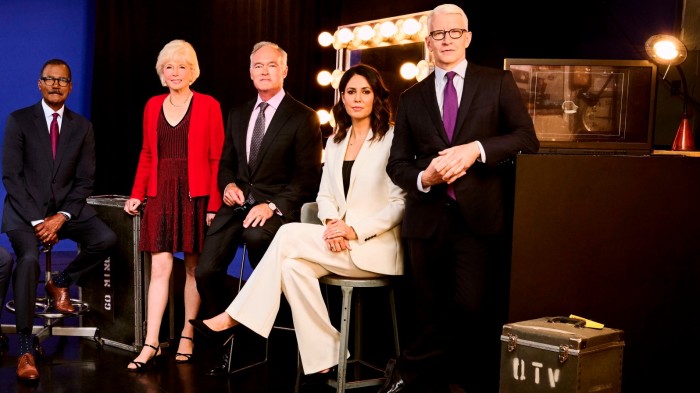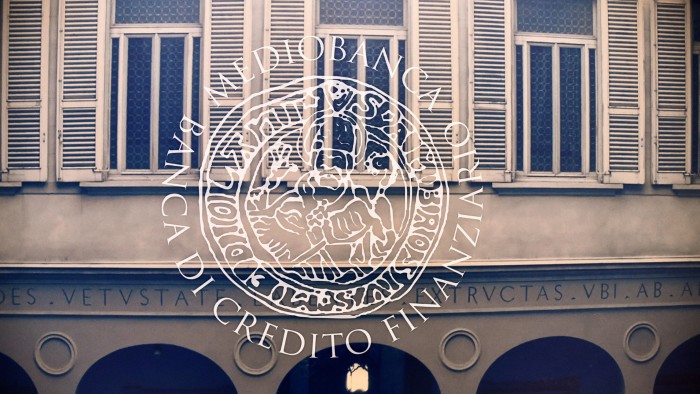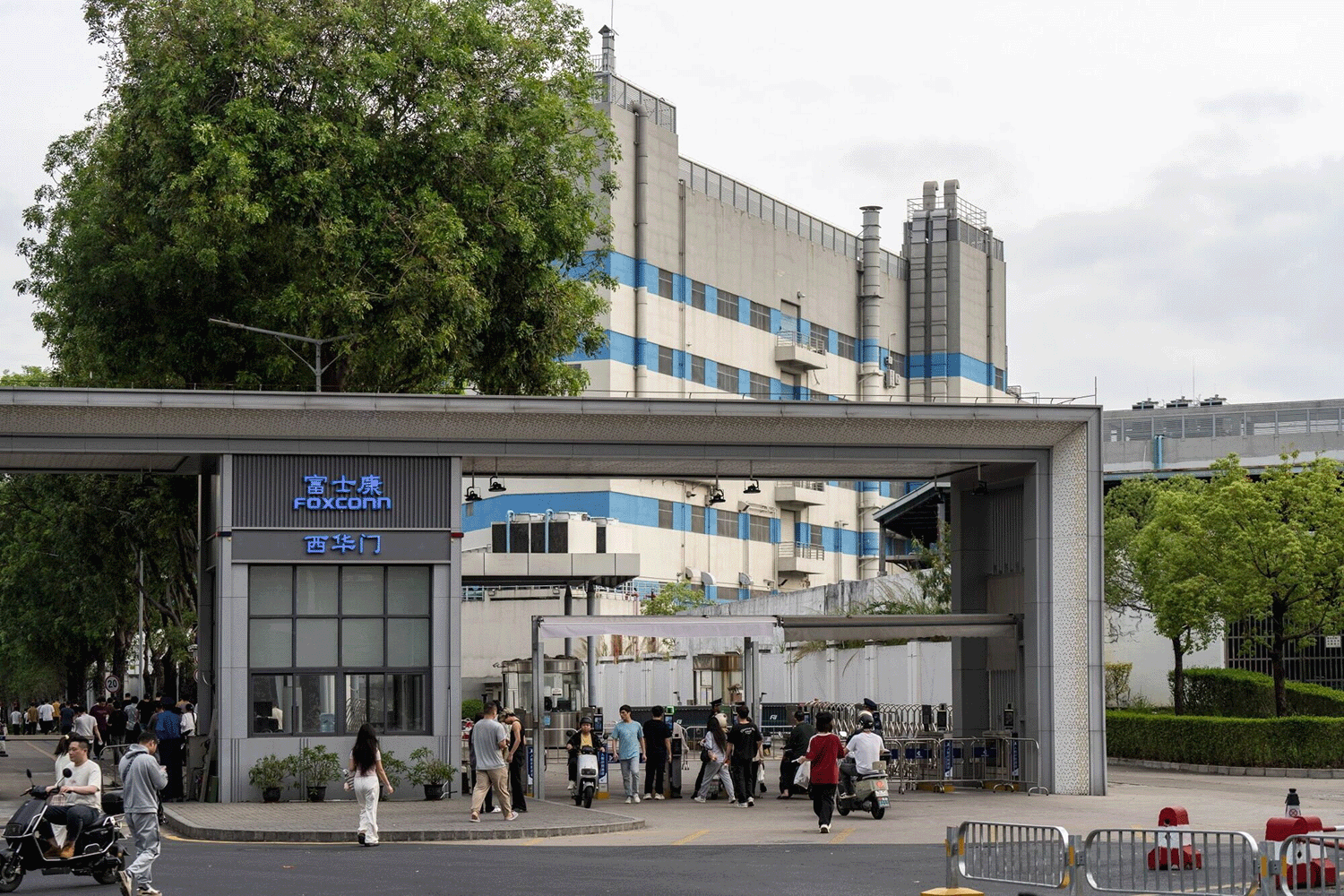Hungary accused of illegal subsidies for pro-government media
Unlock the Editor’s Digest for free
Roula Khalaf, Editor of the FT, selects her favourite stories in this weekly newsletter.
Viktor Orbán’s government is being accused of handing more than €1bn in unlawful subsidies to pro-government media, adding to concerns that state support is being used to bolster the Hungarian leader’s grip on power.
Two Hungarian media outlets — Magyar Hang (Hungarian Voice) and a second that has requested anonymity — told the Financial Times they were aiming to lodge a complaint with the European Commission on Monday.
They claim advertising revenue was channelled to pro-Orbán newspapers, television stations and online platforms between 2015 and 2023 to ensure support for the ruling party and to crowd out critical journalism.
Orbán, the EU’s most pro-Russia leader, has for years clashed with the bloc over his goal to turn Hungary into an “illiberal” state. Brussels has repeatedly frozen and clawed back EU funds and the bloc’s courts have ruled against his moves to limit the independence of the judiciary, the media and the education system.
The prime minister has used EU funds to reward political allies in the past.
He has dubbed the partnership between the government and private sector as a “system of national co-operation”.
The alleged use of state subsidies coincided with a campaign to rid the country’s media of outlets critical of the government, according to Kai-Uwe Kühn, a former European competition official who wrote an economic study accompanying the complaint. “You really see after someone takes over a newspaper and turns it into a government-aligned newspaper, advertising starts going up dramatically,” he said.
Kühn said the data in his report points to a causal linkage between the alleged illegal state aid and the medium’s pro-government stance — which distorts competition on the Hungarian media market in favour of pro-Orbán outlets.
During his time in power, Orbán has increasingly tightened his grip on Hungary’s media and squeezed out alternative viewpoints. Several independent titles have collapsed or been sold to government-linked figures in recent years. Press freedom watchdogs, such as Reporters Without Borders, have ranked Hungary among the lowest in the EU for media freedom.
Independent outlets find it increasingly difficult to operate, with state subsidies further distorting the landscape, said Lukács Csaba, managing director of Magyar Hang. “We are getting smear campaigns, we are getting sued.”
His complaint comes after other Hungarian outlets in 2019 raised the issue of illegal state aid with the commission to government-friendly groups in the form of public advertisements.
A spokesperson for the commission said the assessment of that complaint was “ongoing”.
“We’re trying to increase the pressure on the commission to move quickly,” said Oliver Bretz of Euclid Law, the law firm supporting the complainants. If this were another industry sector and not media, the commission “would not have sat on it as long as they have”, he said. “This is egregious state aid.”
In parallel, the commission is also suing Hungary’s government over a security law because Brussels argues it violates EU rules on privacy, freedom of expression and freedom of association.
General elections next year are shaping up as a first significant test for Orbán, whose Fidesz party fell behind the opposition for the first time in opinion polls last year.
Tisza, a new opposition group led by Péter Magyar — a former Fidesz member who grew disillusioned with the prime minister — has criticised Orbán’s strategy of expanding his control over the media, courts and the economy.
Tisza made a strong showing in last year’s European parliament elections, positioning Magyar as the first serious challenger to Orbán’s decades-long rule.
Hungary’s government did not respond to a request for comment.
A spokesperson for the commission said they had “no specific comment” on this particular complaint.
Additional reporting by Marton Dunai in Budapest




